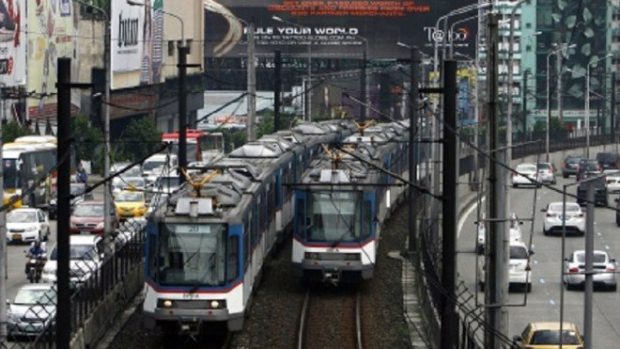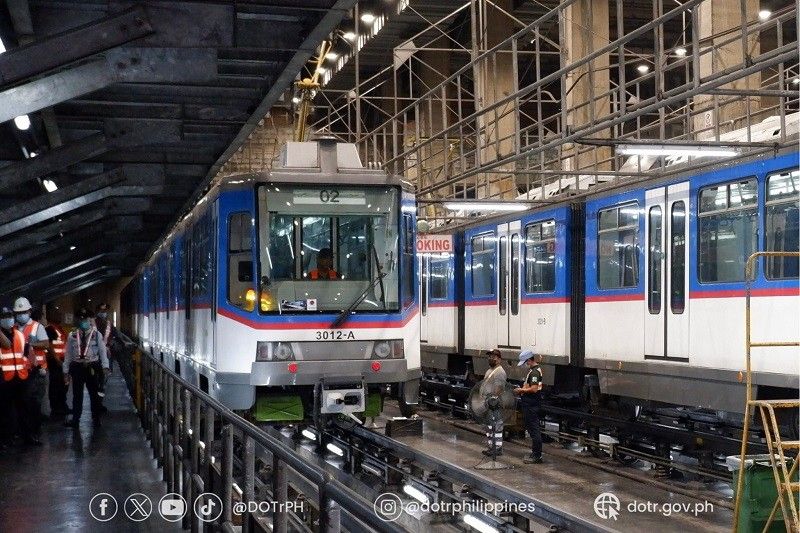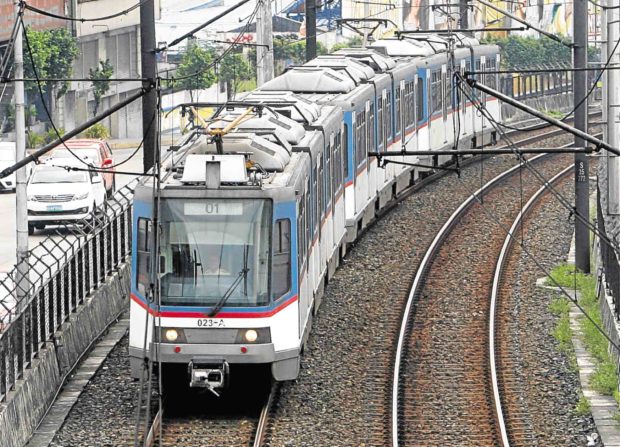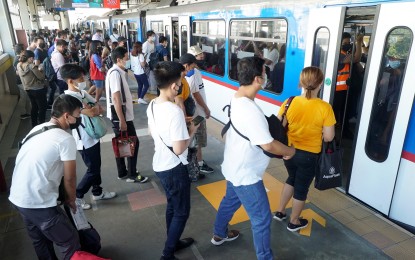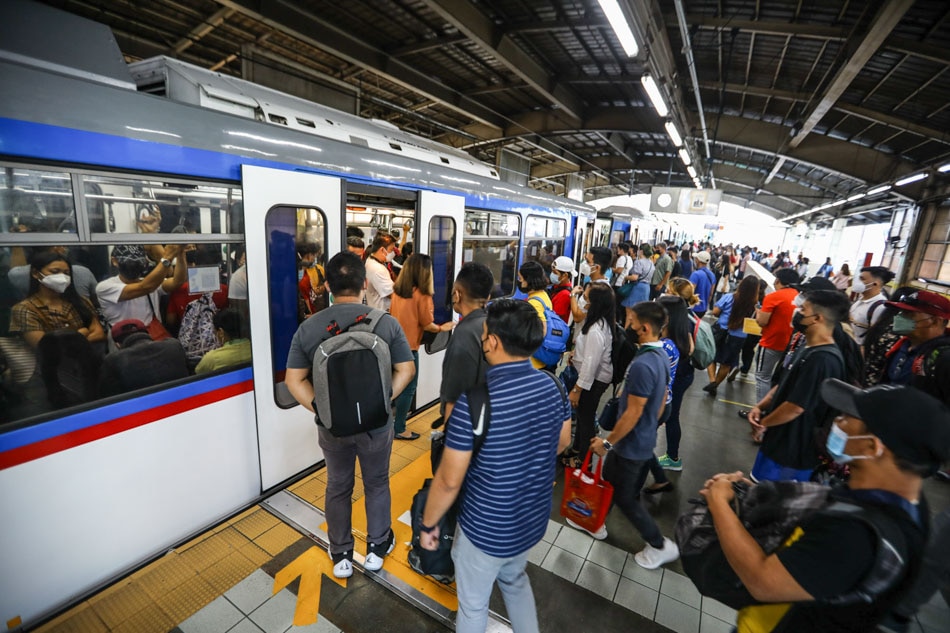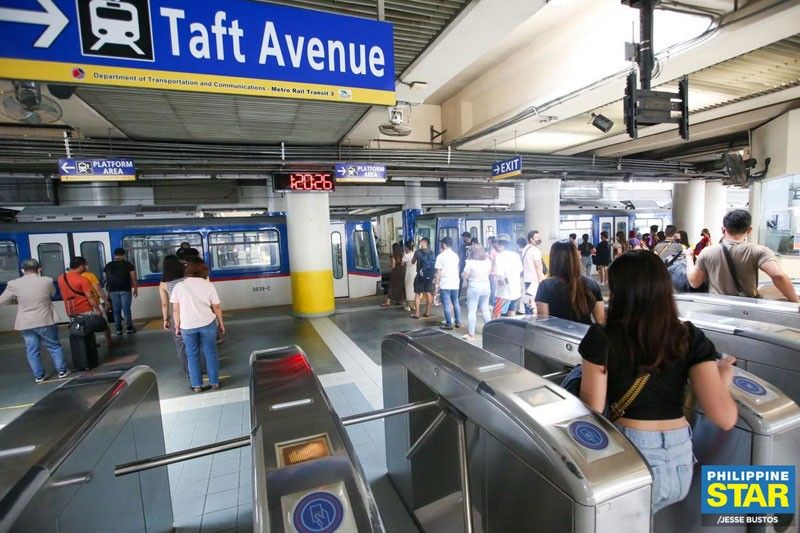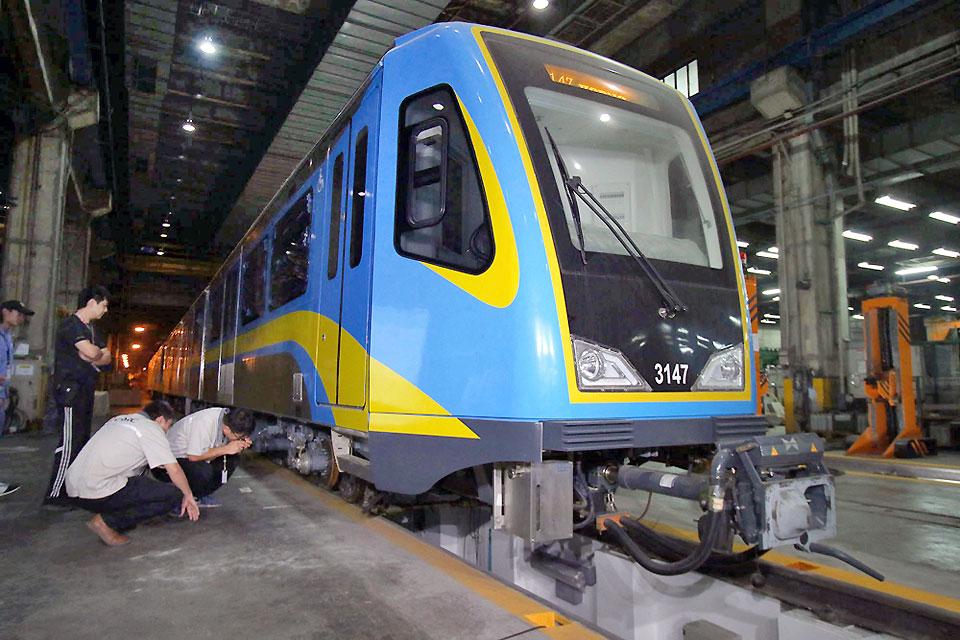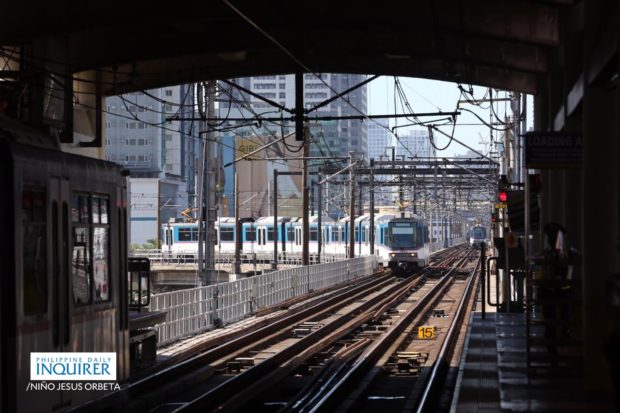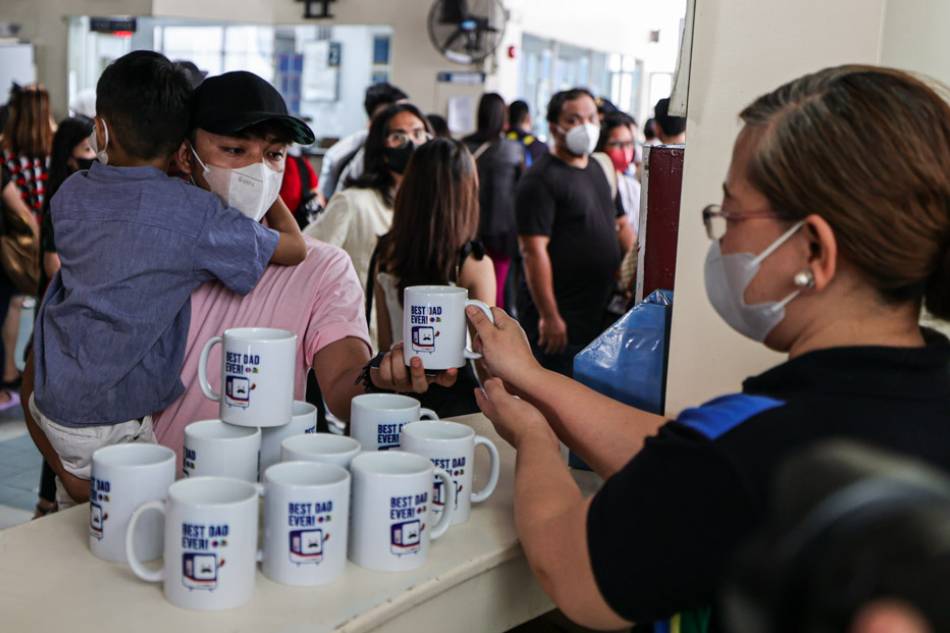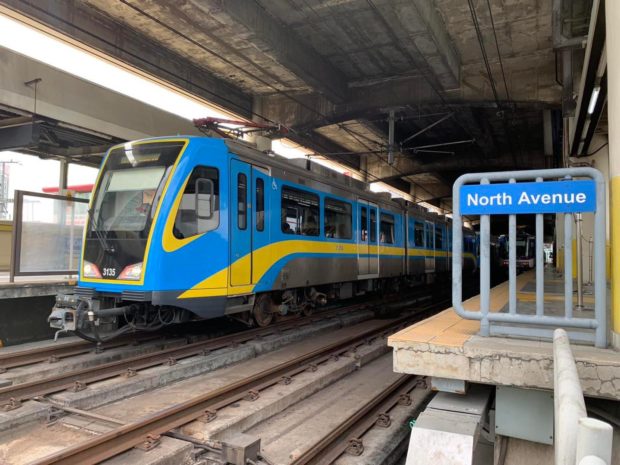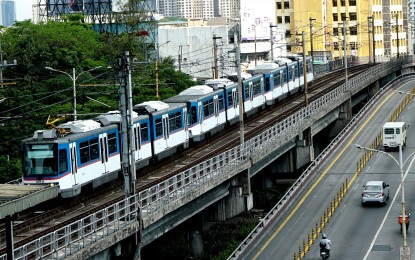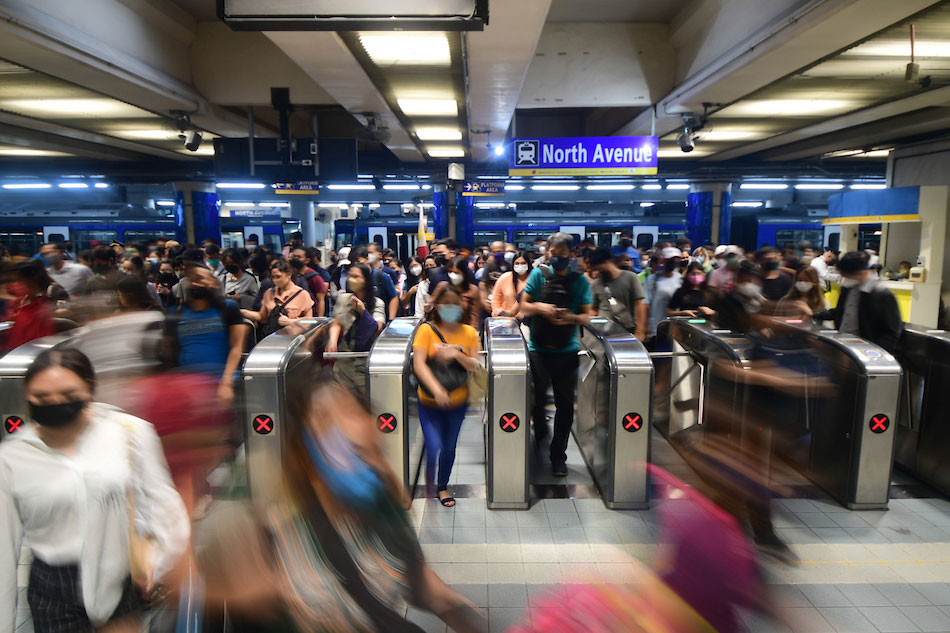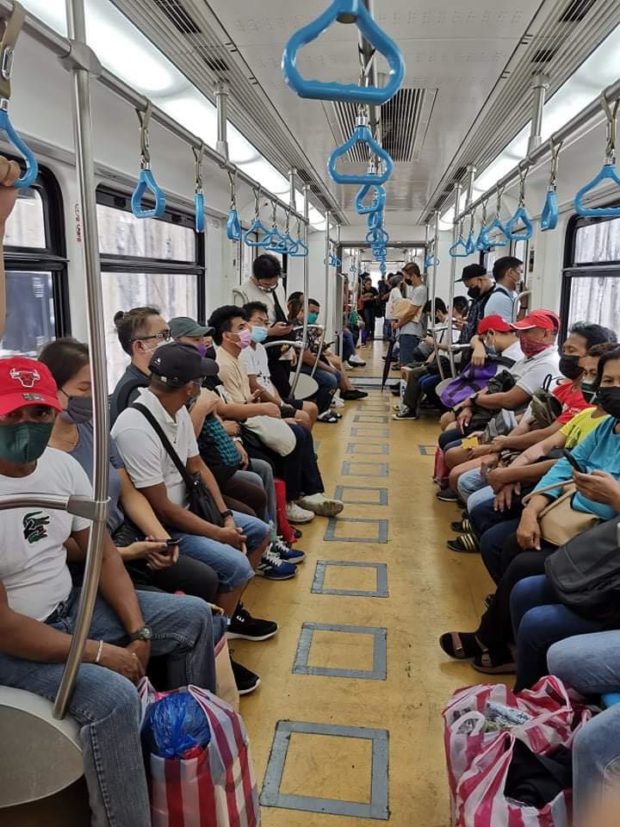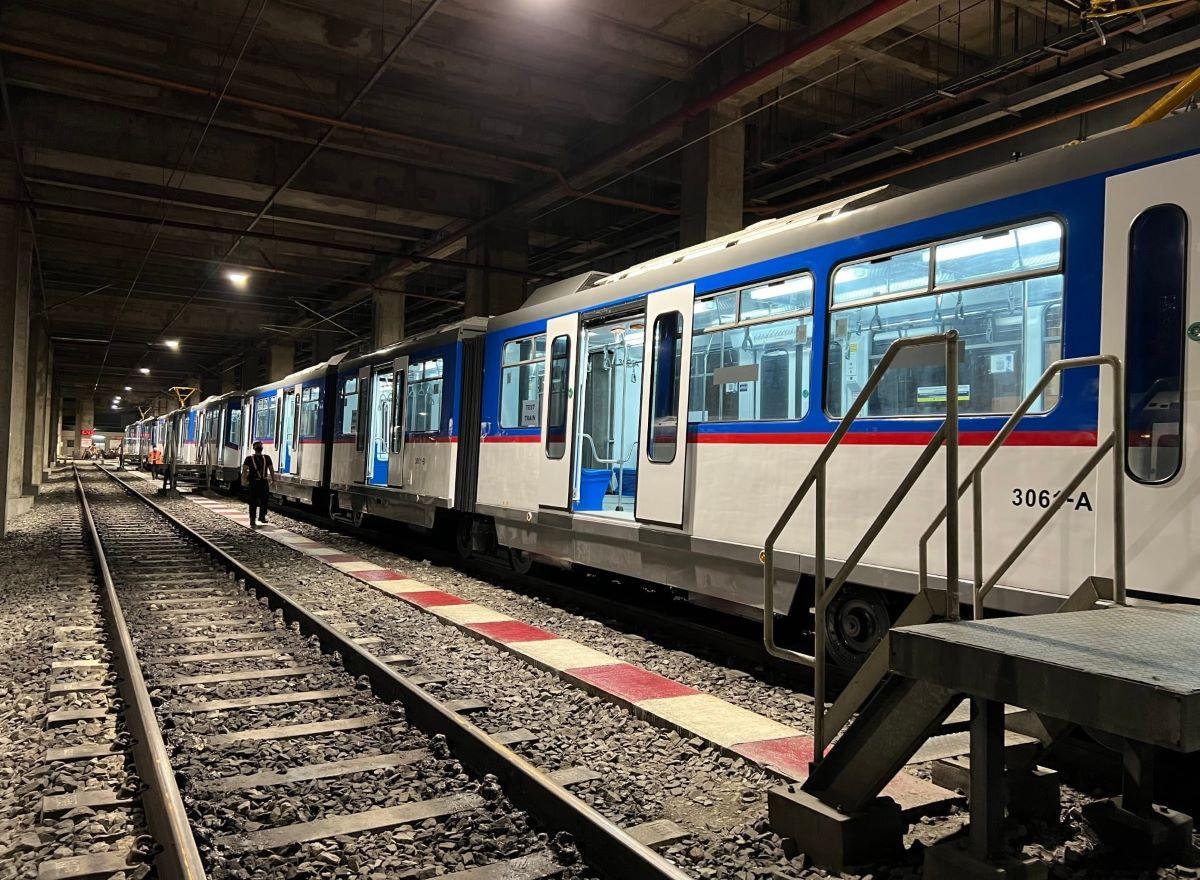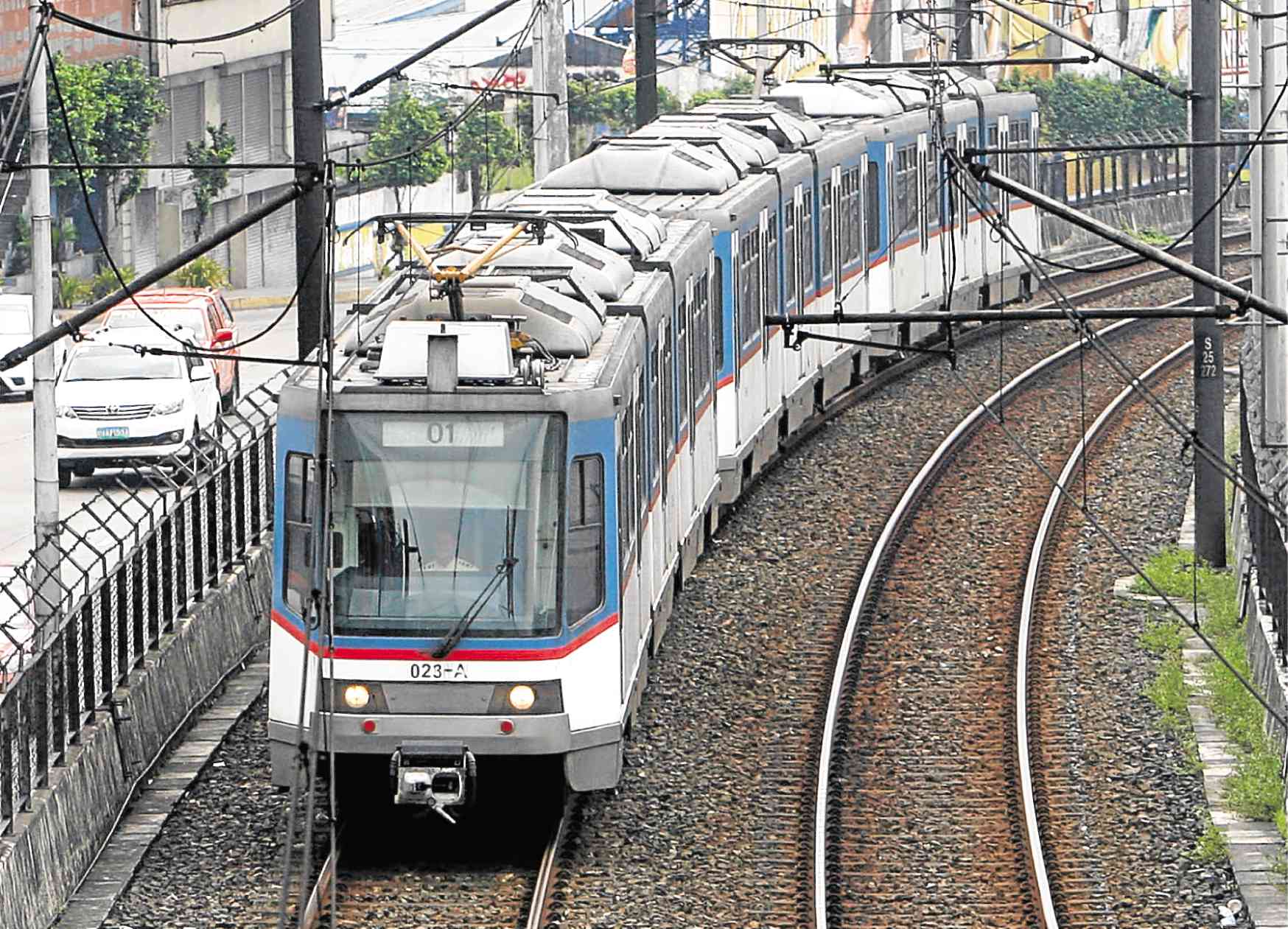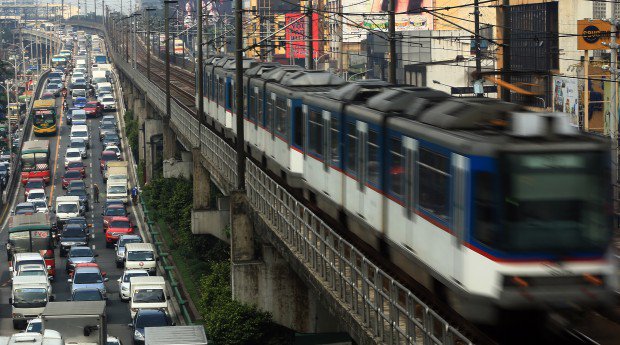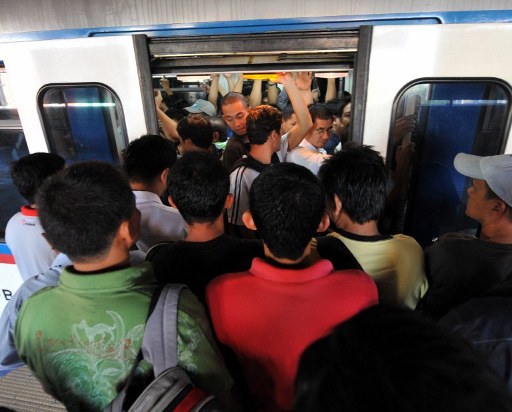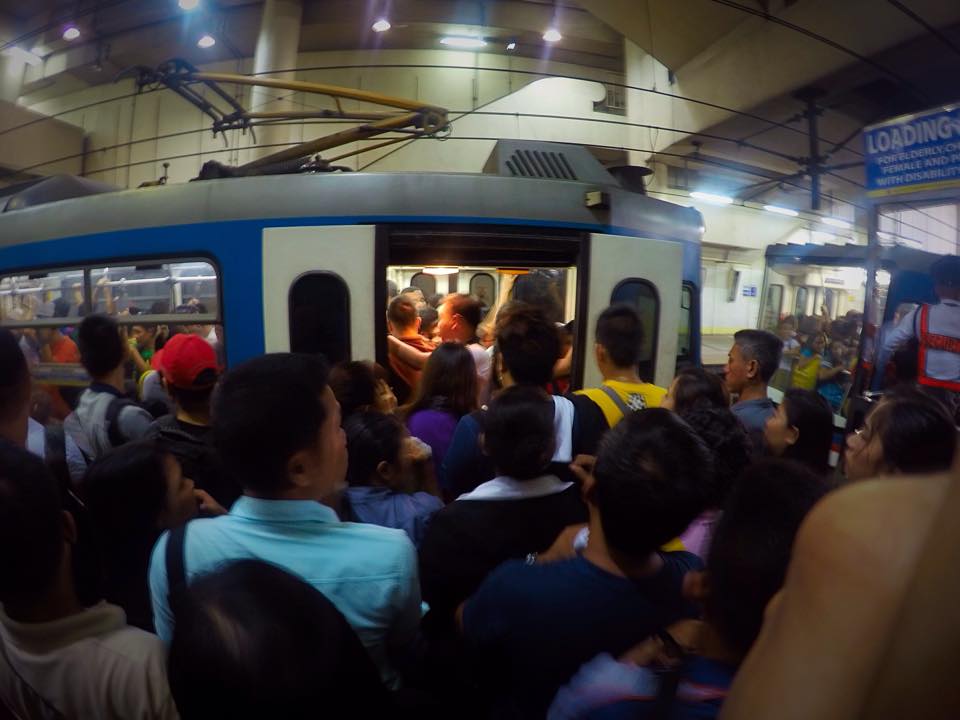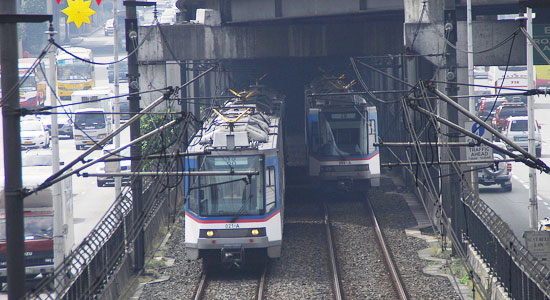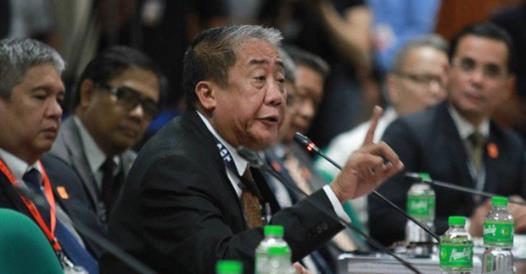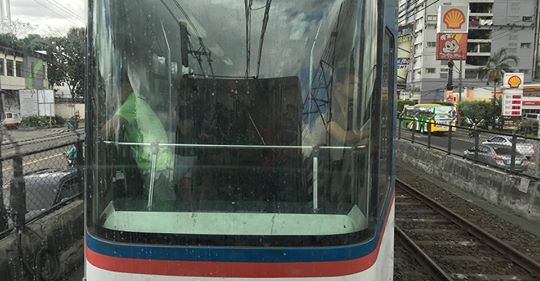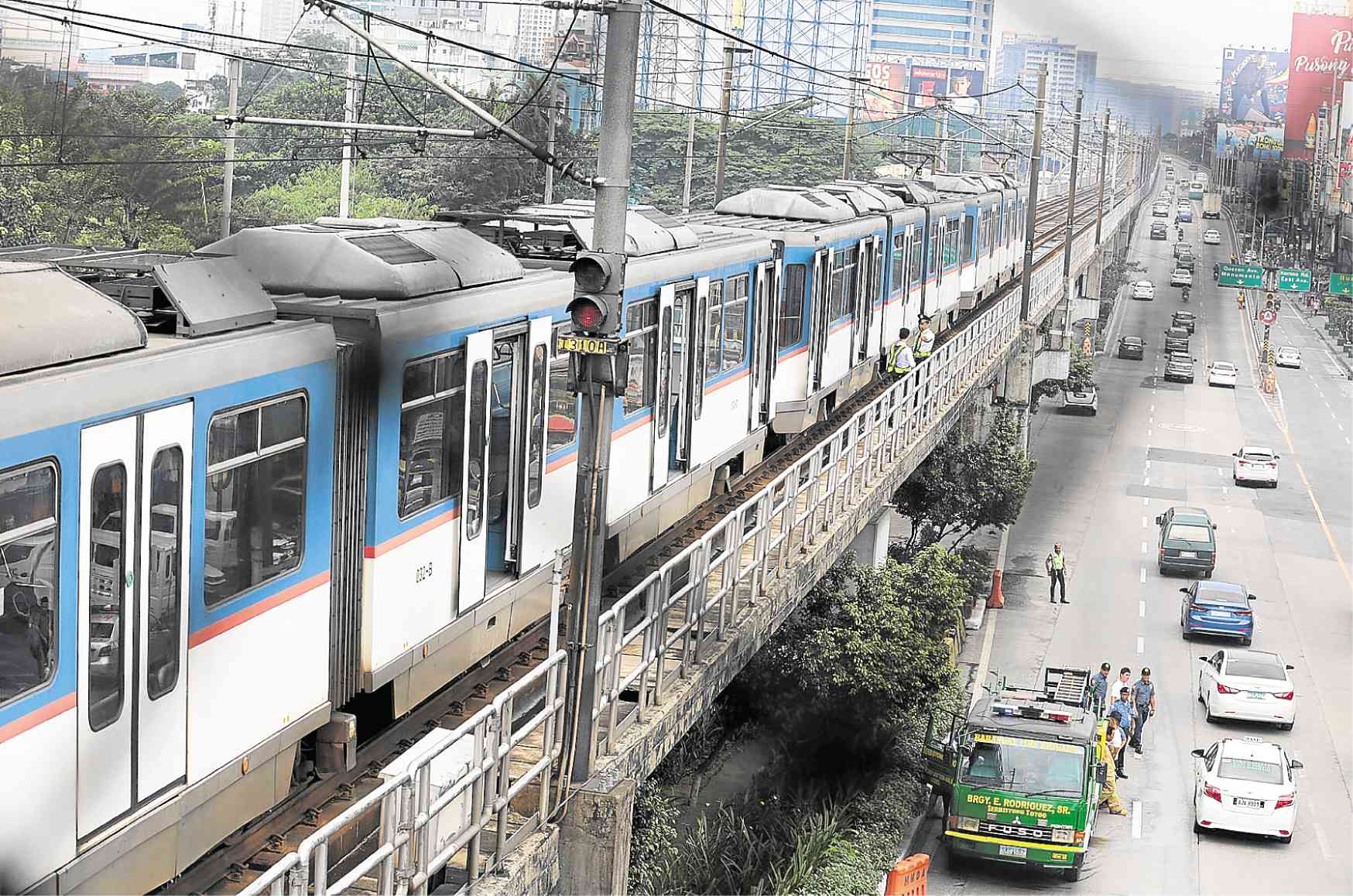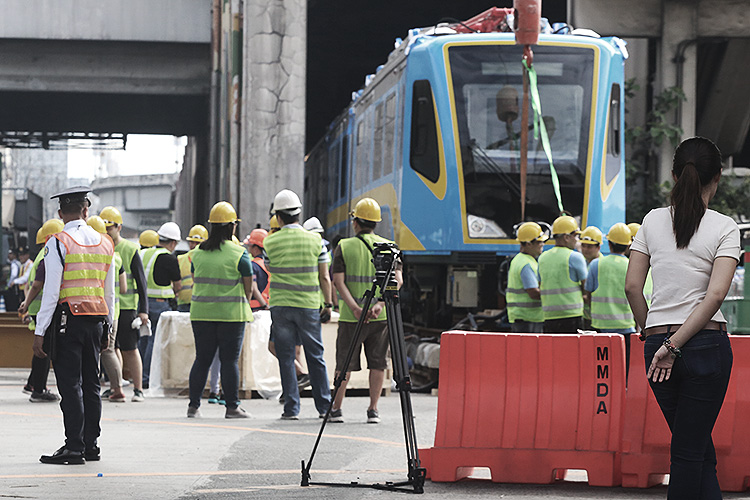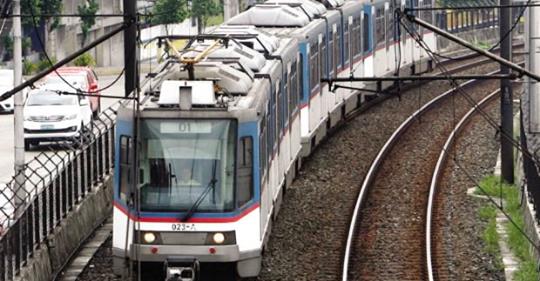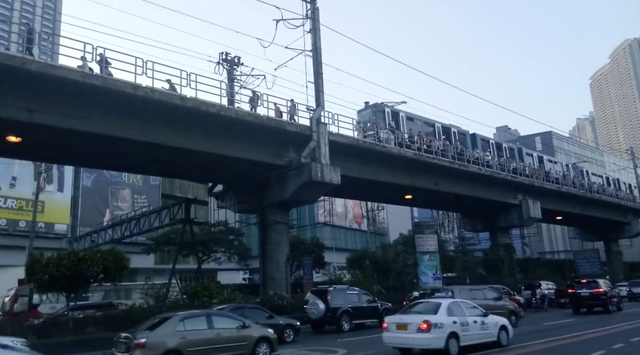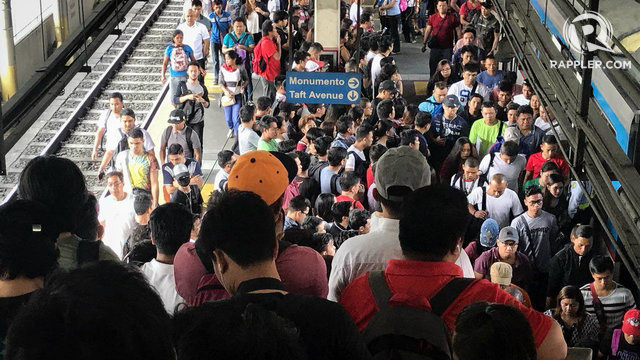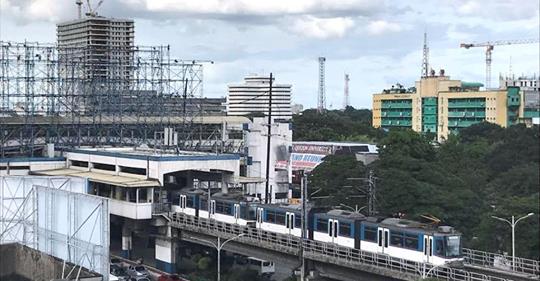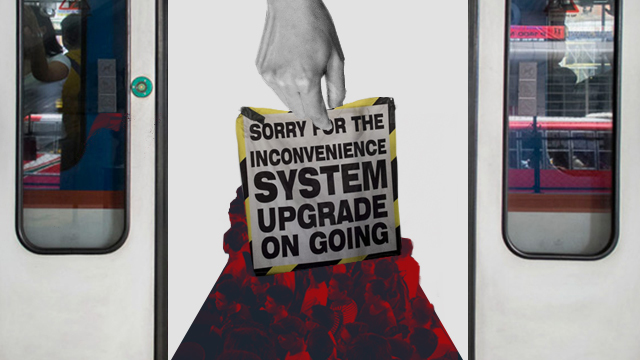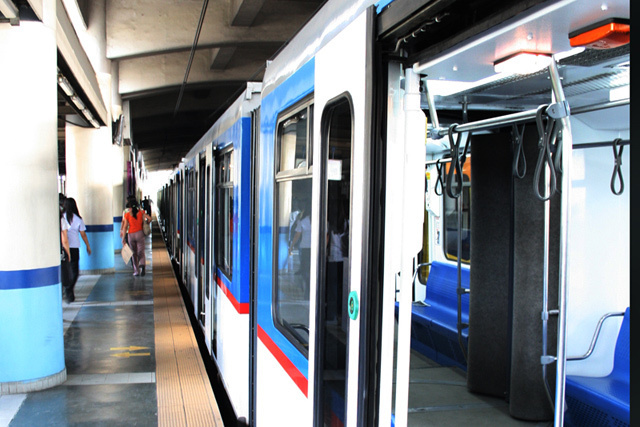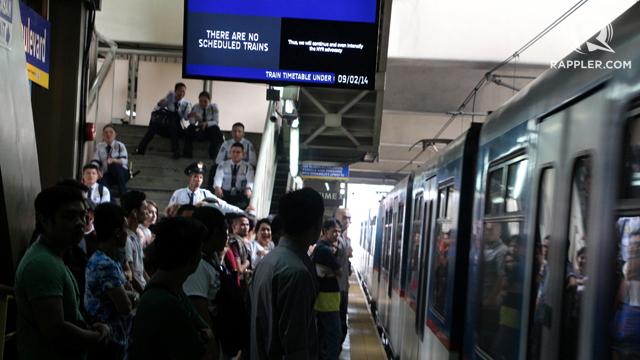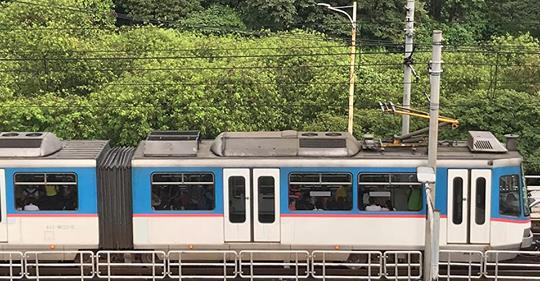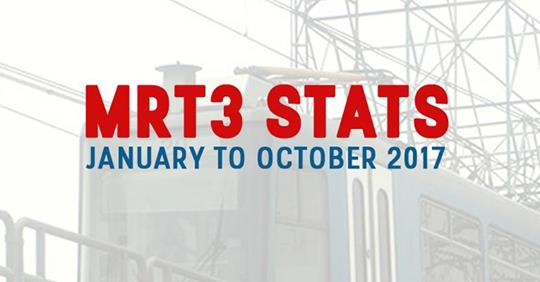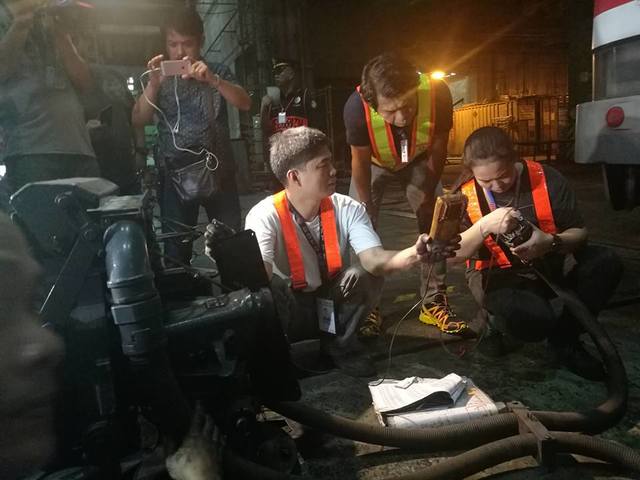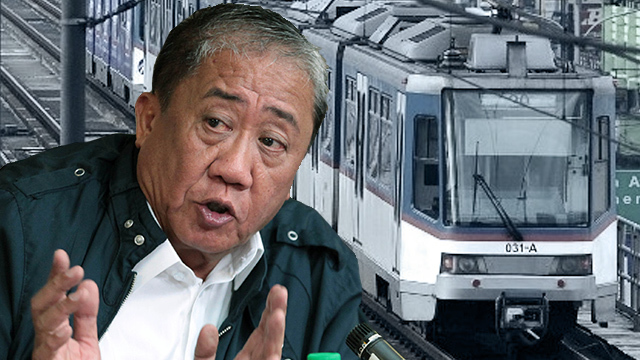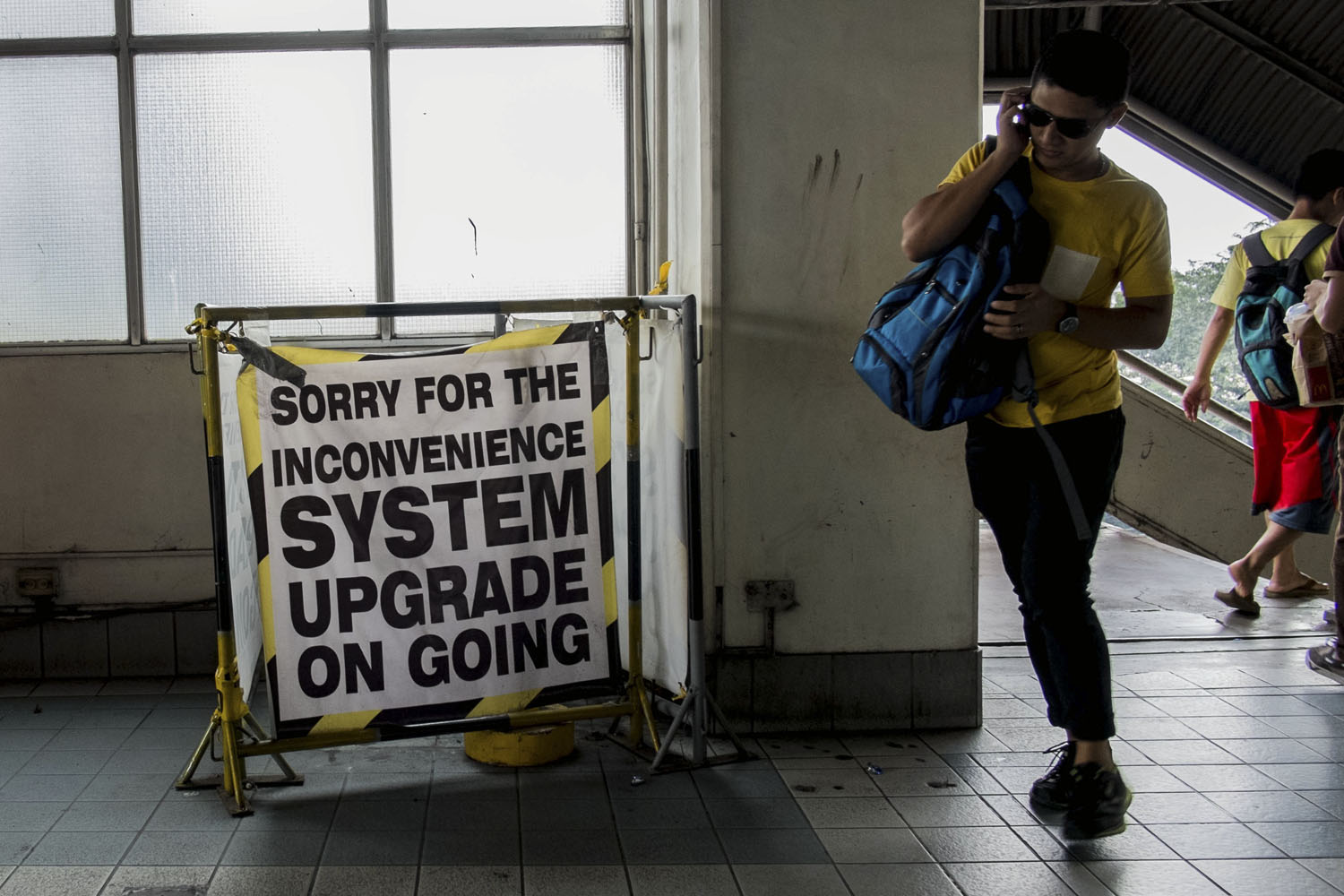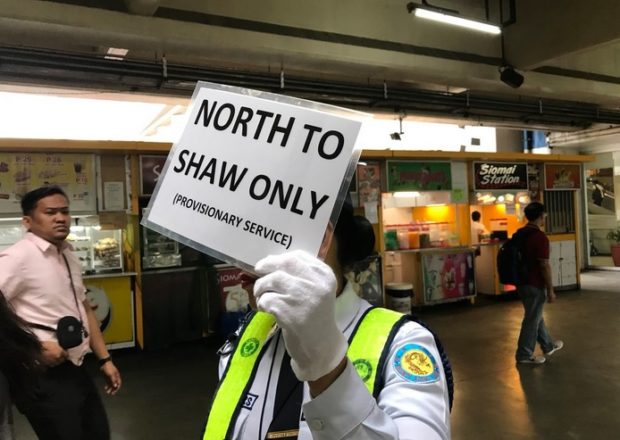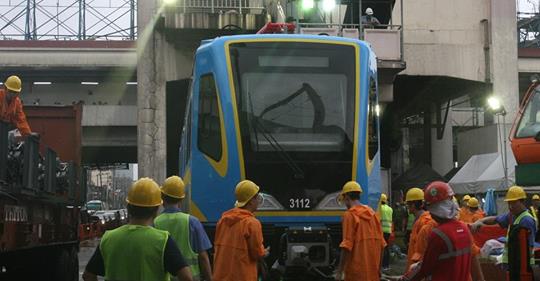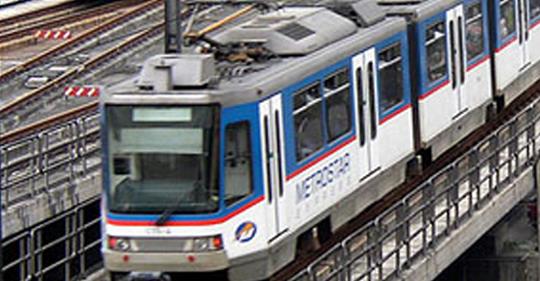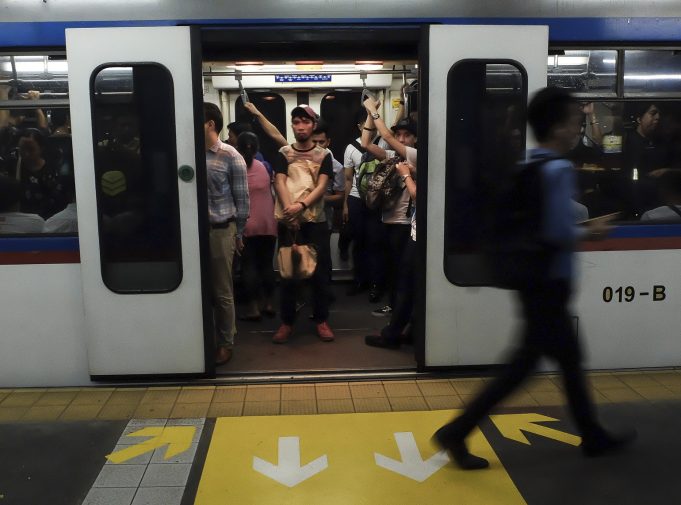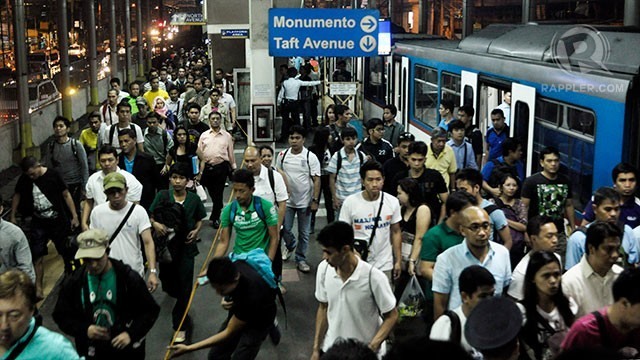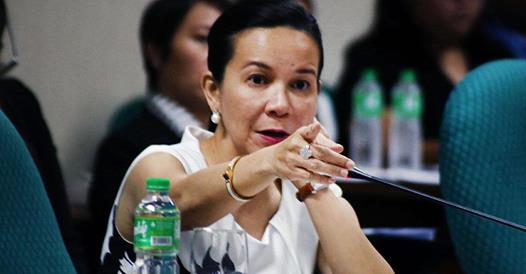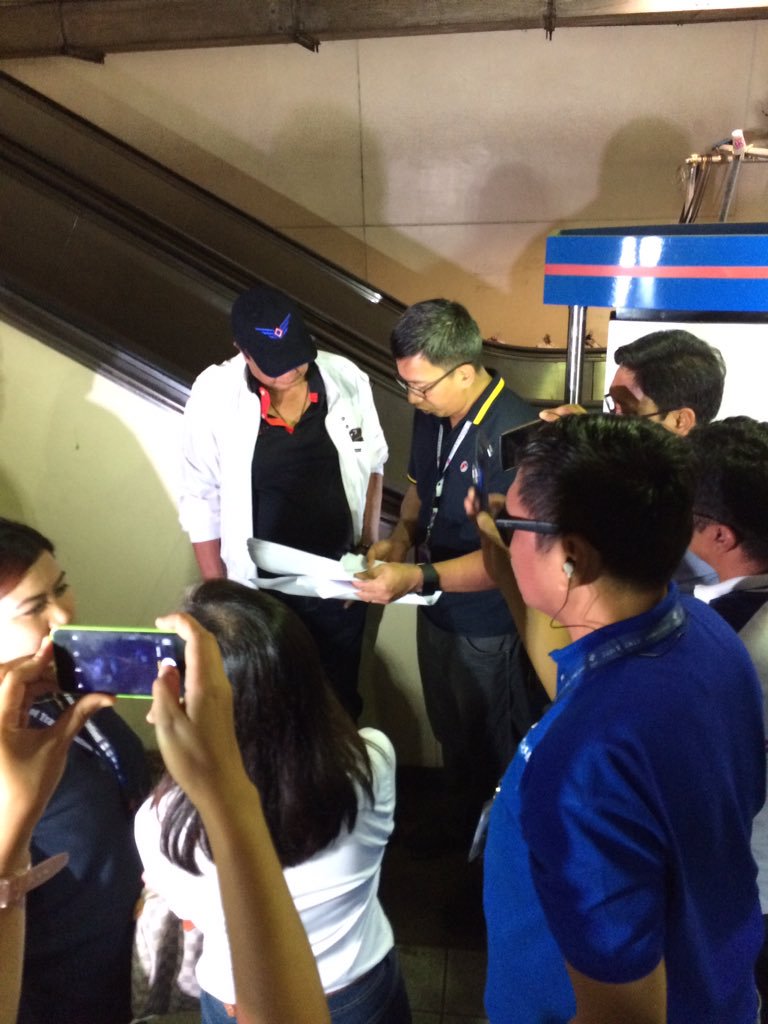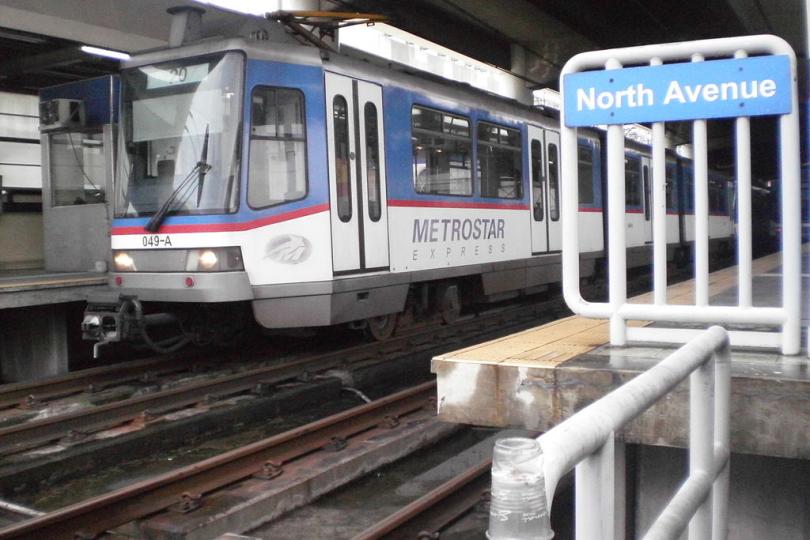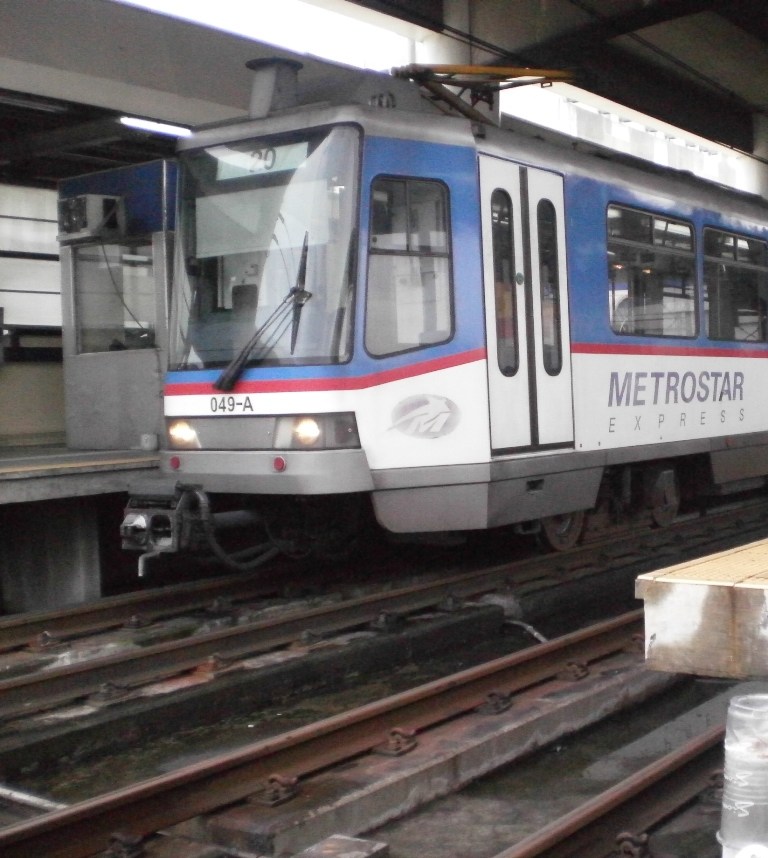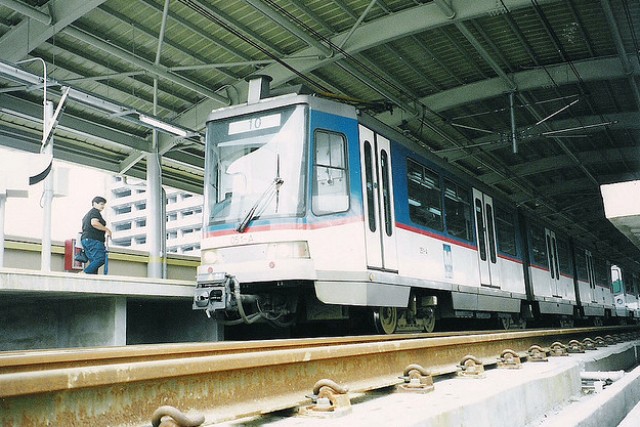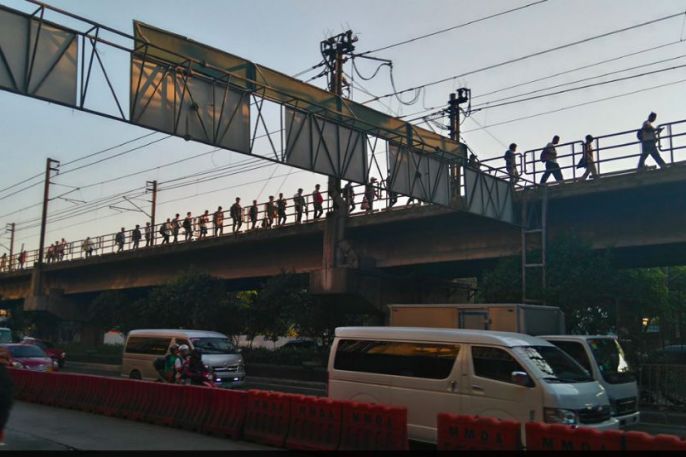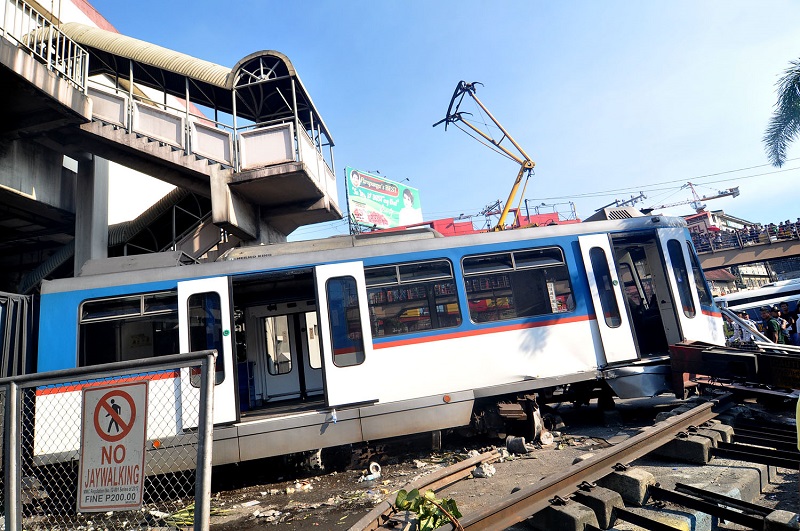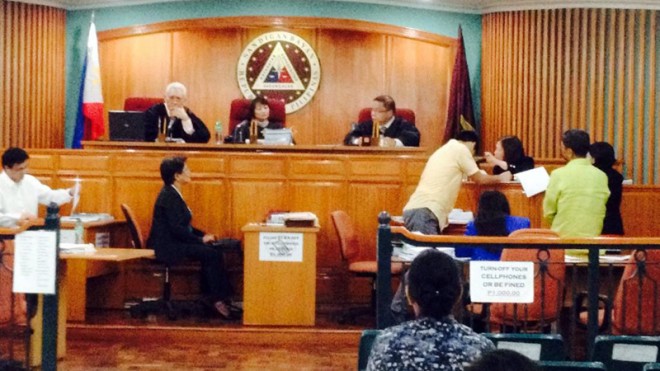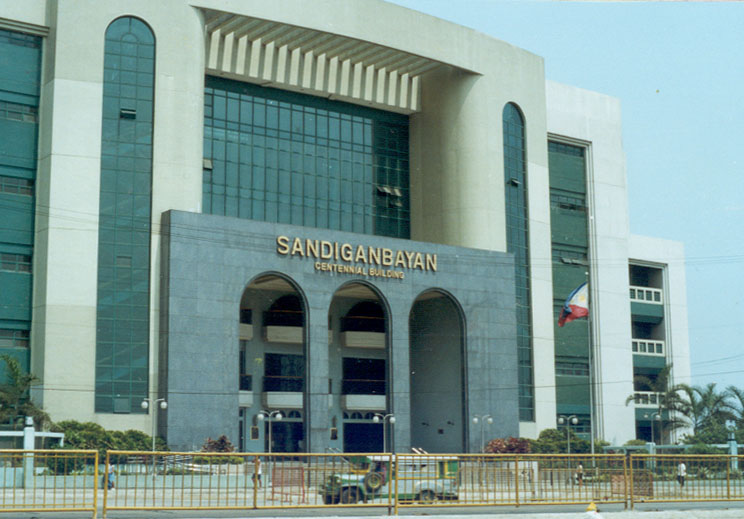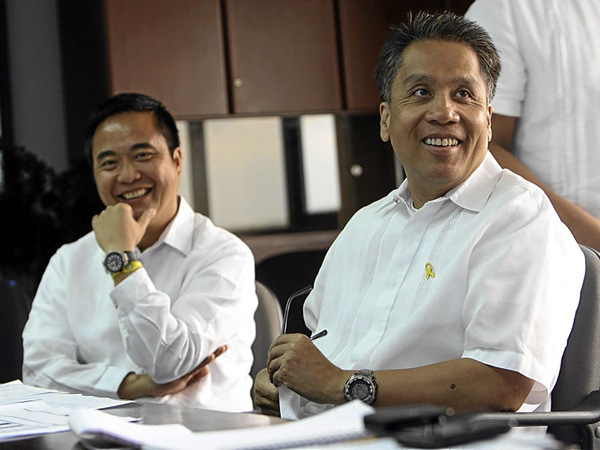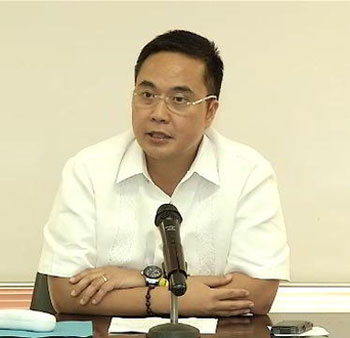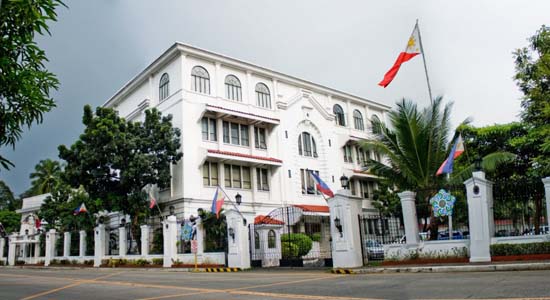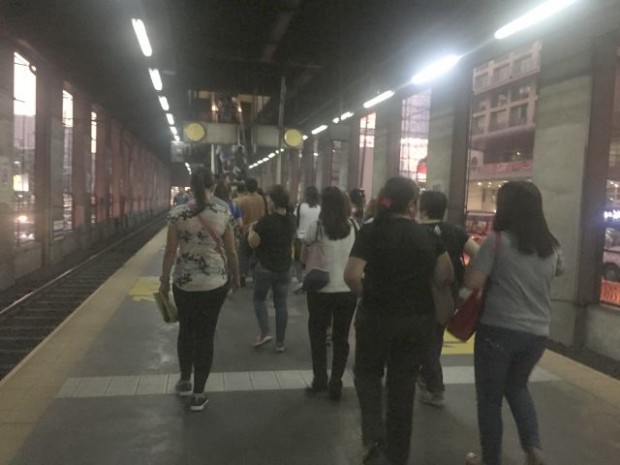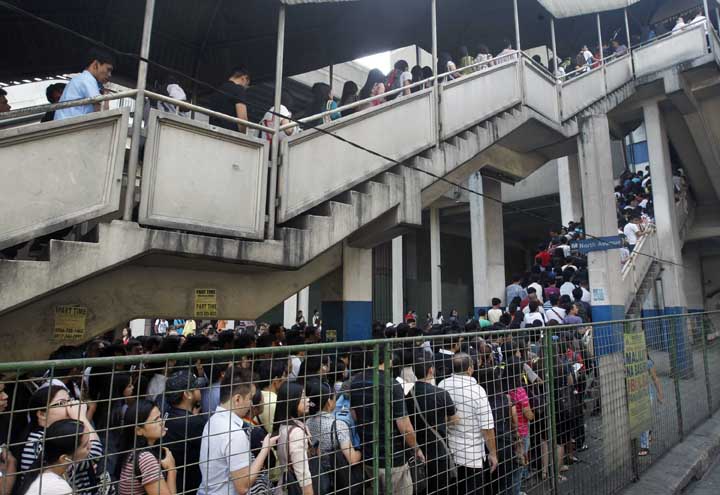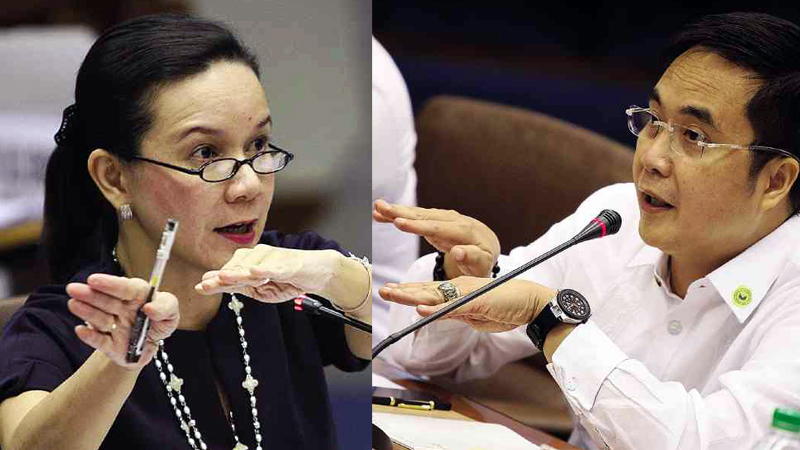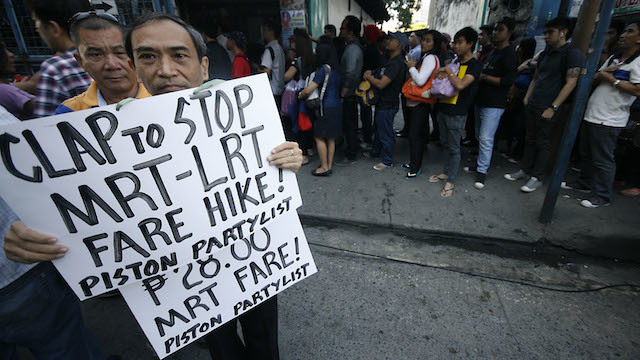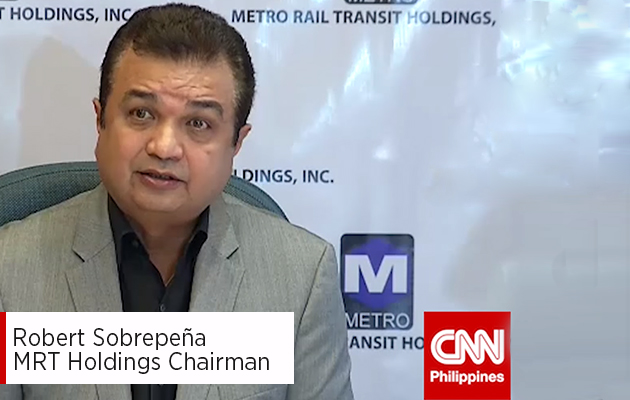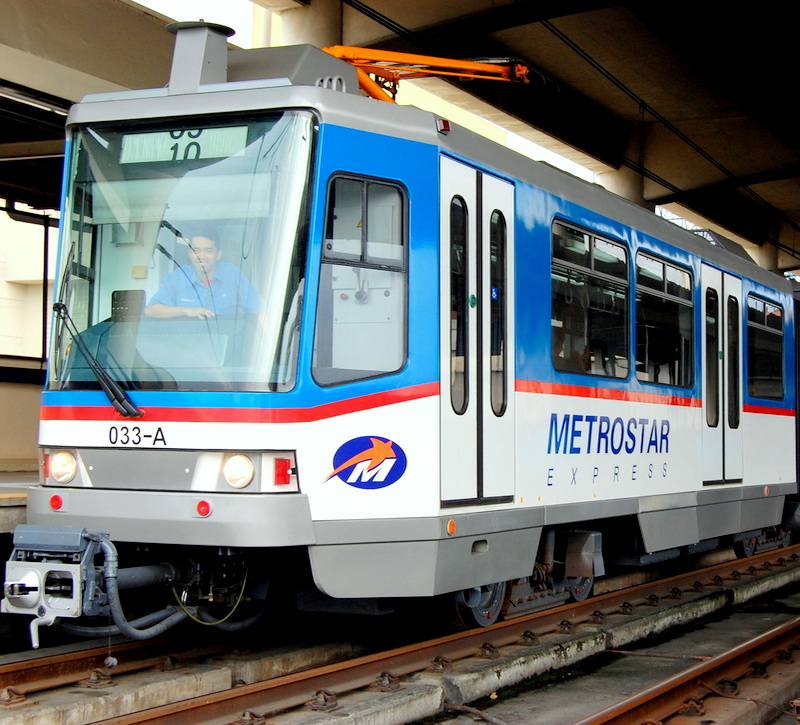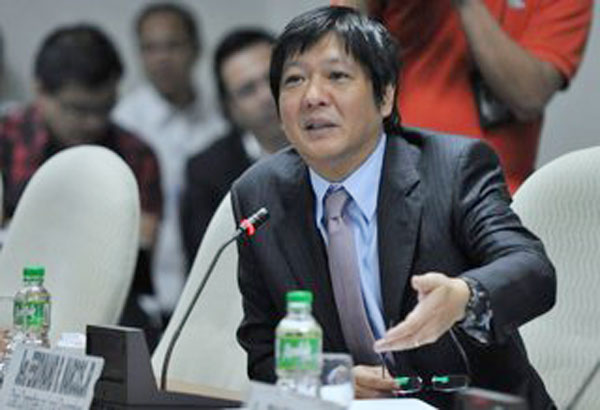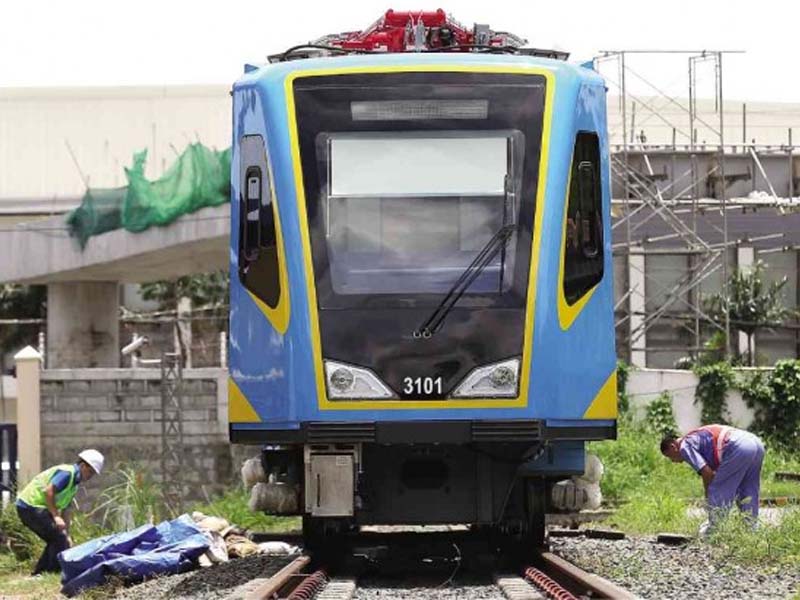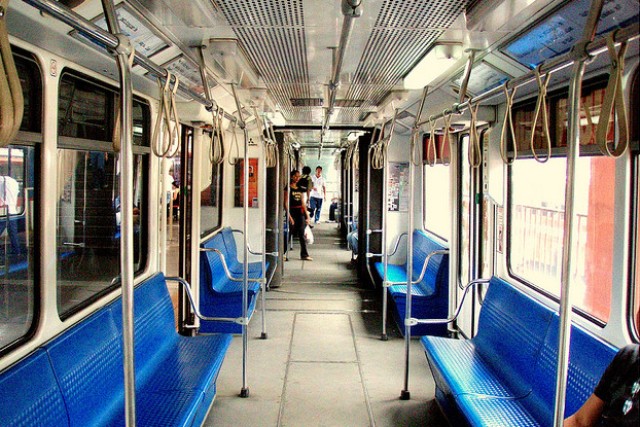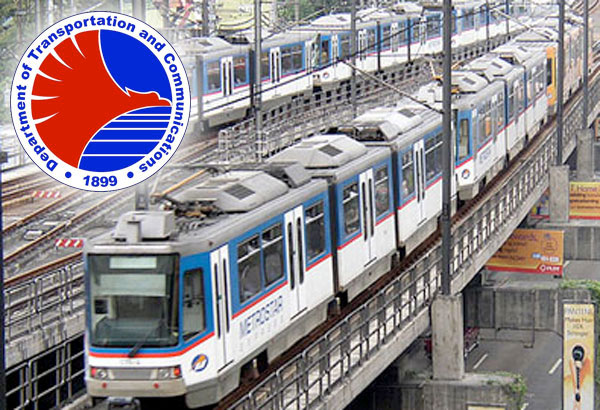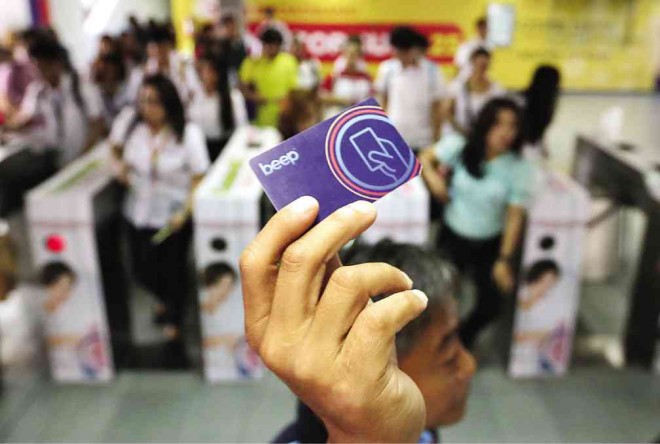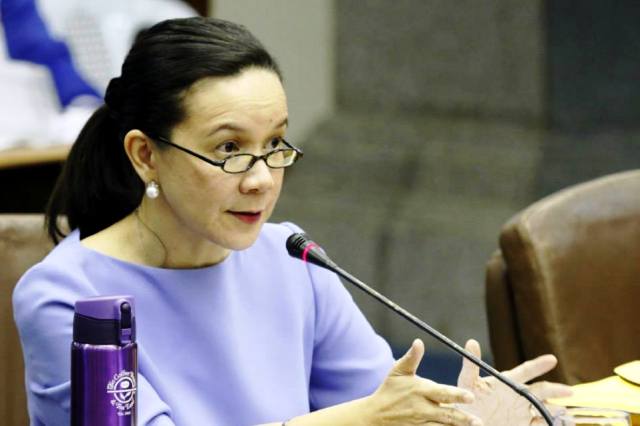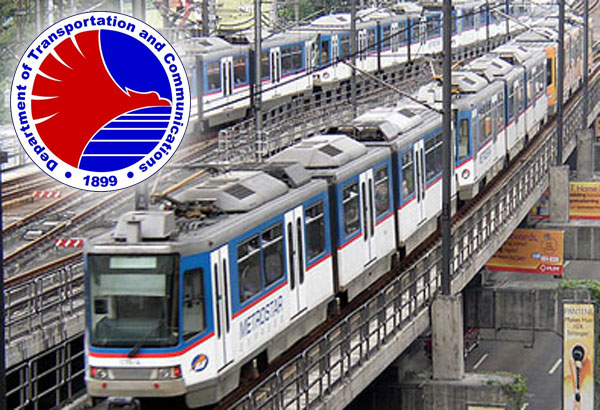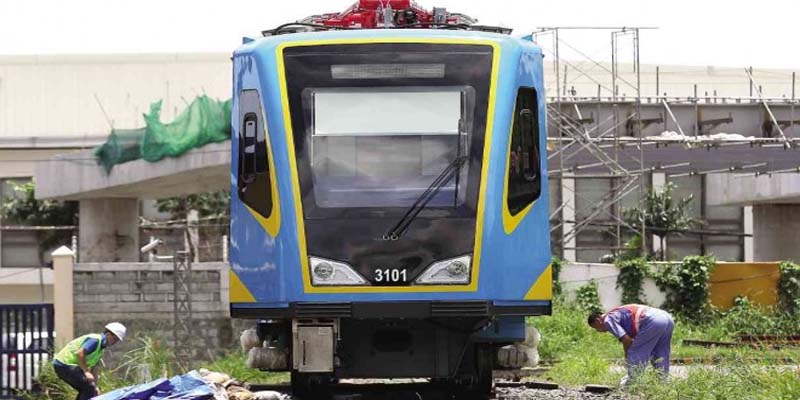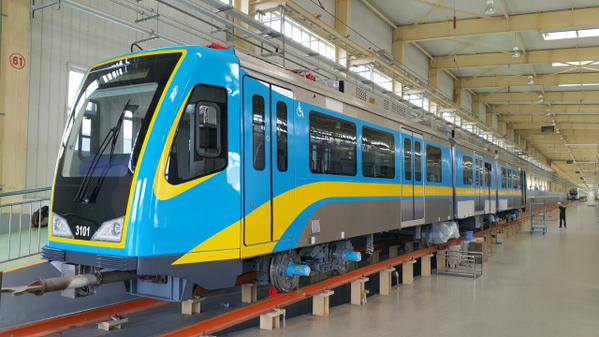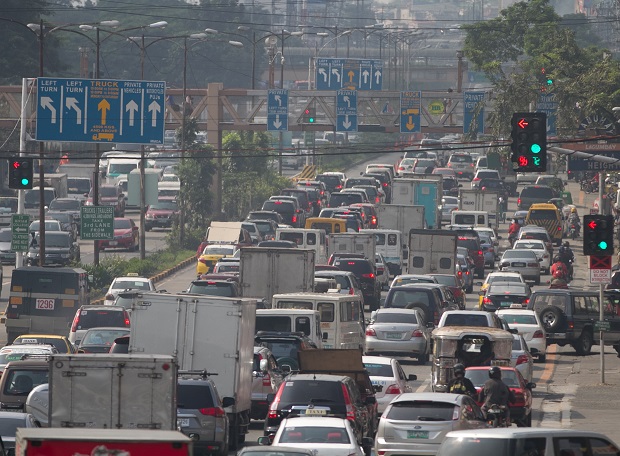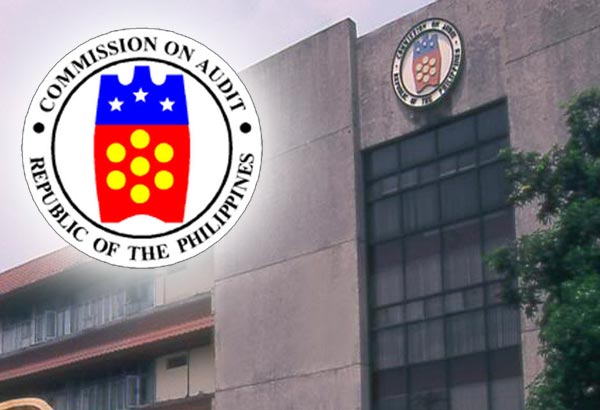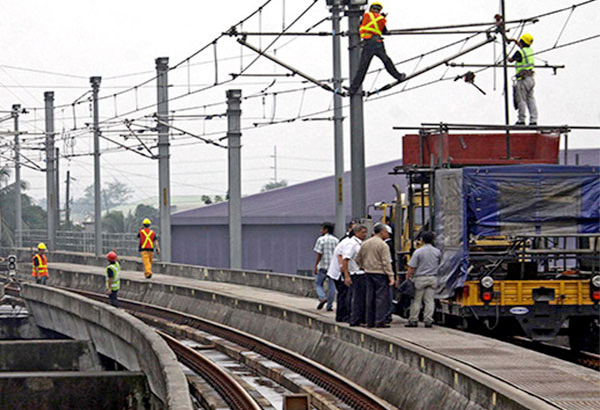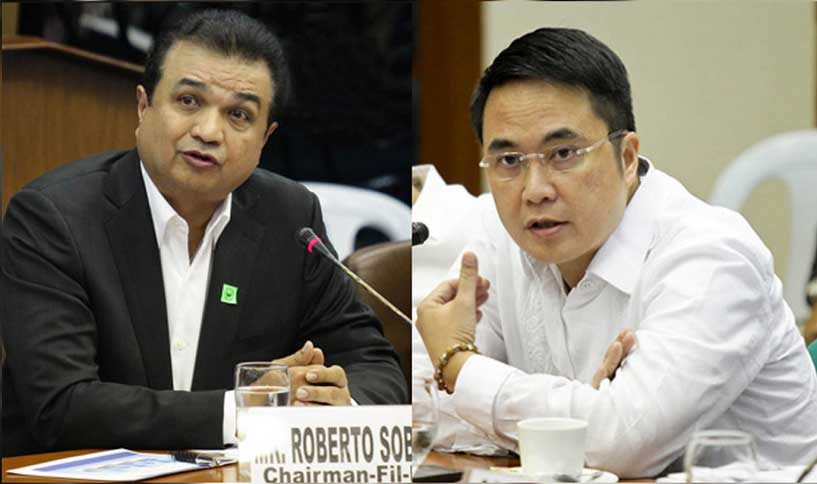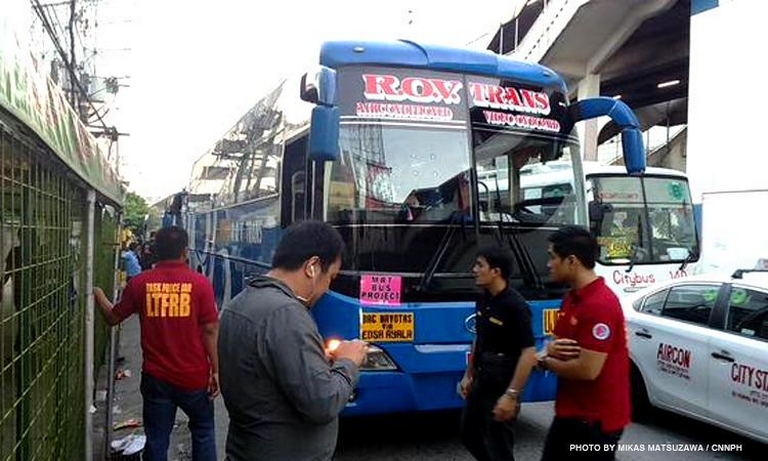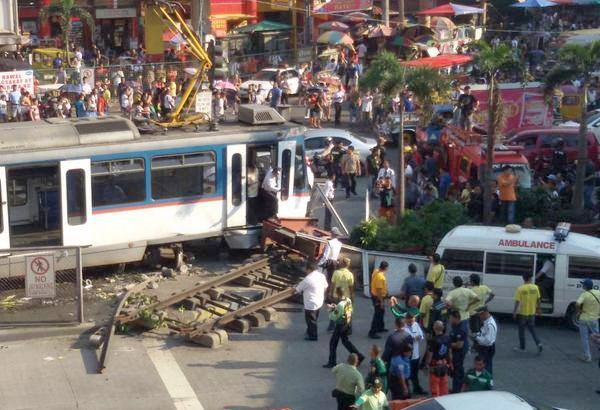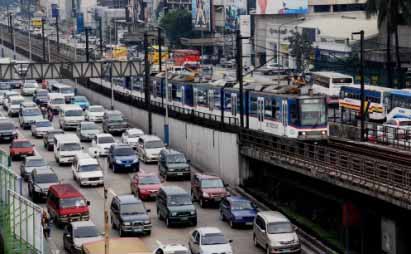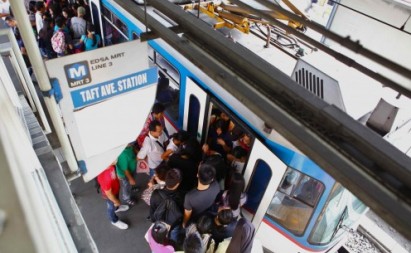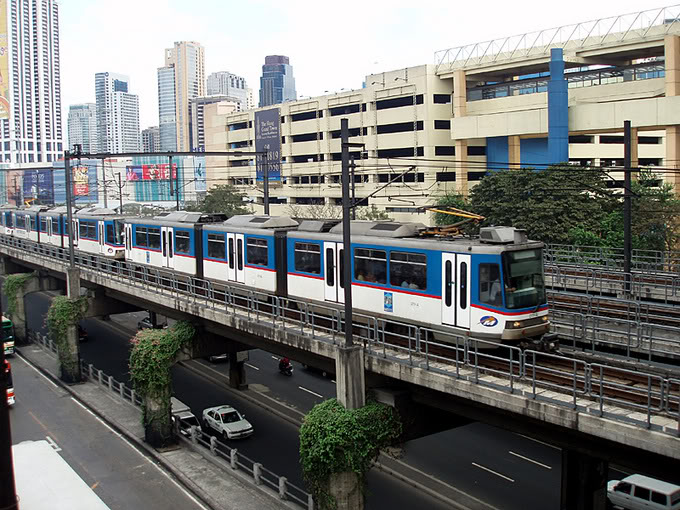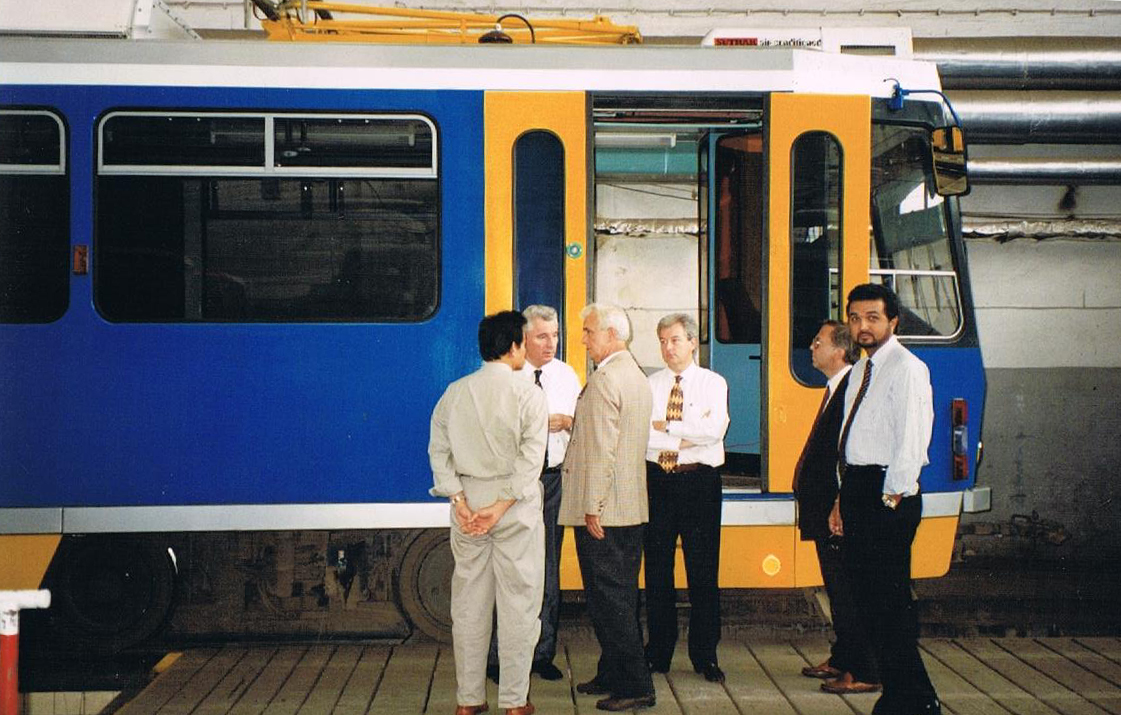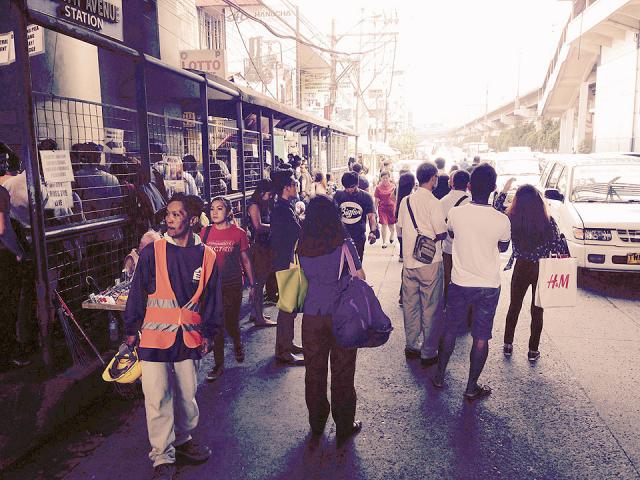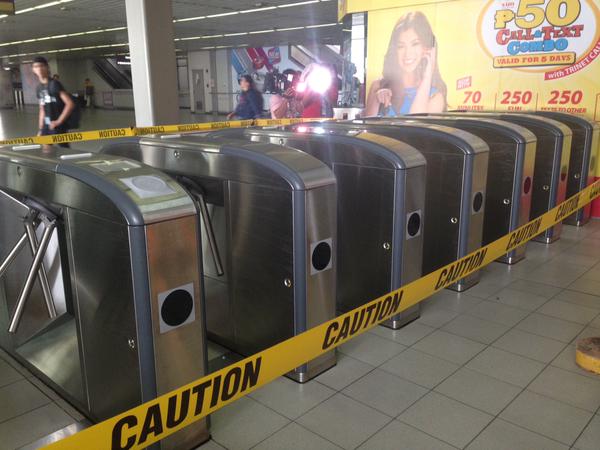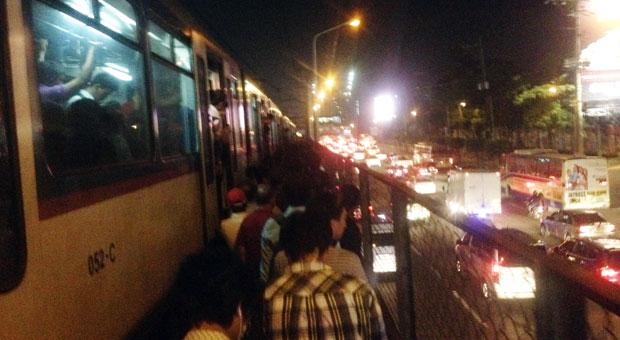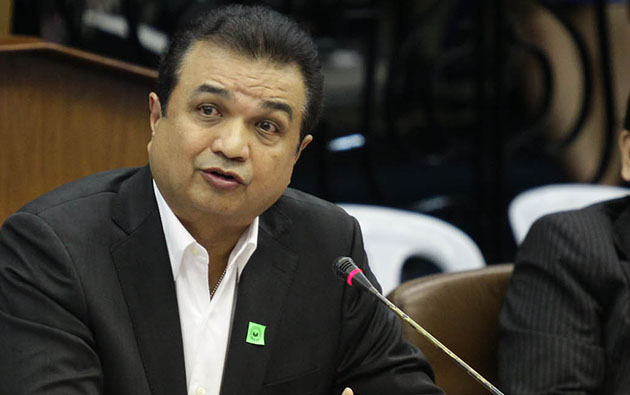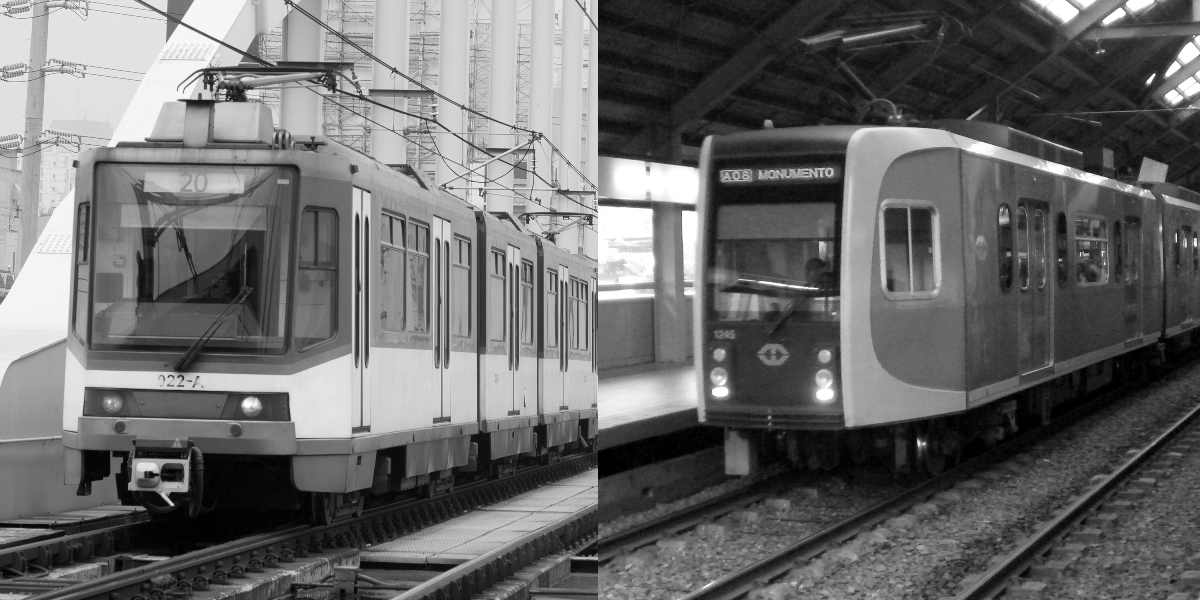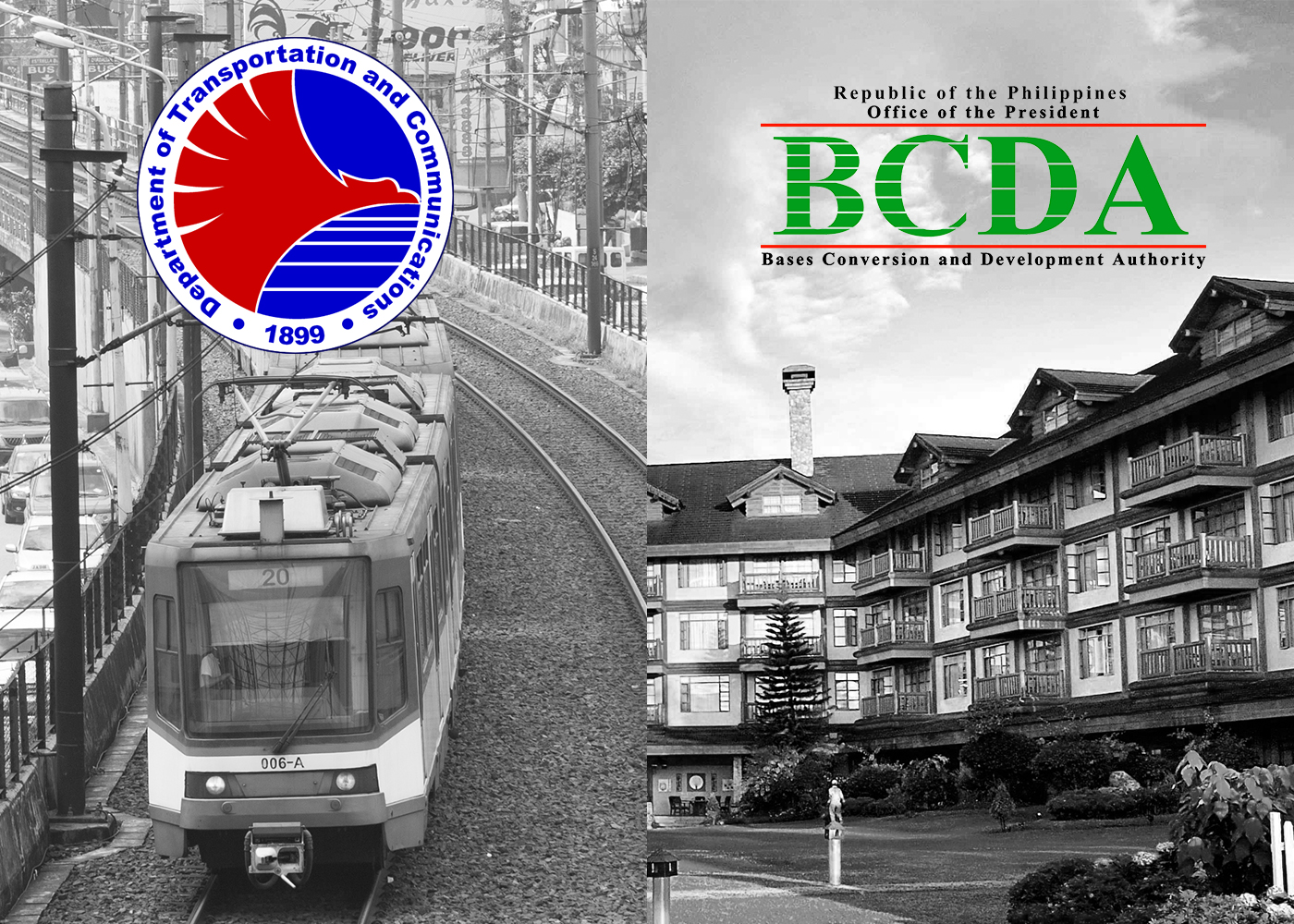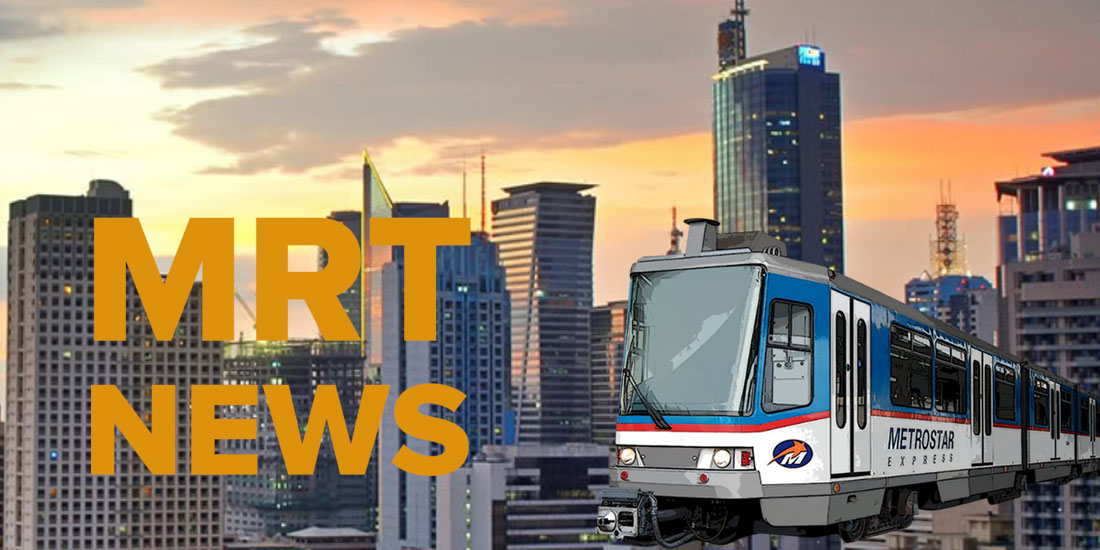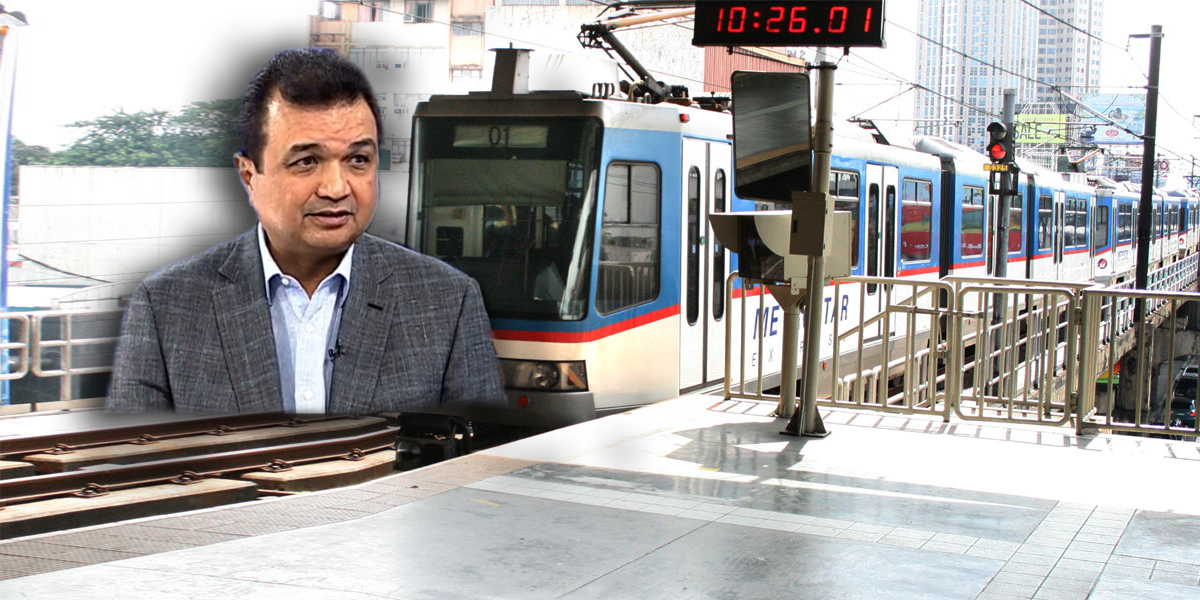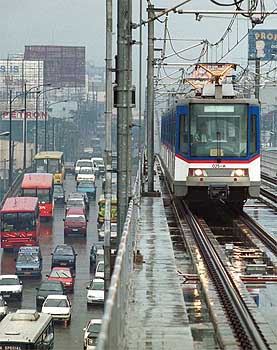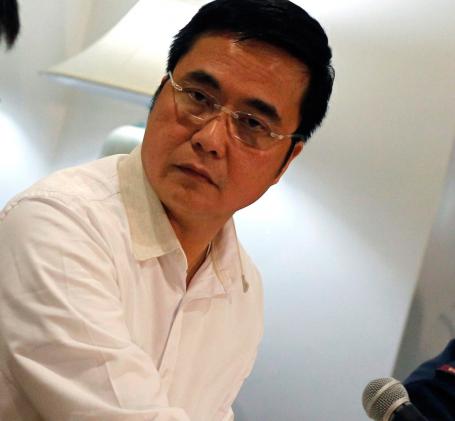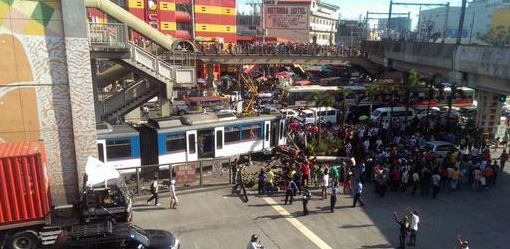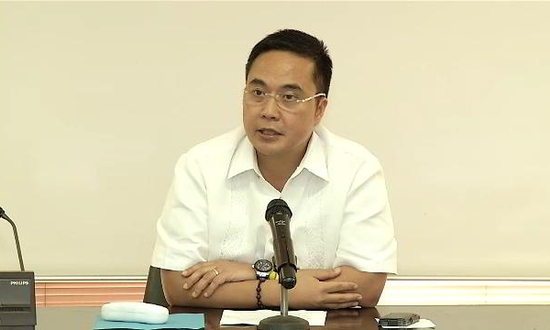By Atty. Dodo Dulay | The Manila Times | July 6, 2015
THE announcement of the Department of Transportation and Communication (DOTC) two weeks ago that it would start issuing “excuse slips” to commuters if they are late for work due to the breakdown of the Metro Rail Transit (MRT) illustrates the propensity of the Aquino administration to resort to palliative solutions or finger pointing to cover up its failures and inept governance.
Justifying the issuance of the so-called “incident reports” as a “transparency measure,” DOTC spokesman Michael Sagcal said “people deserve to know what problems occurred, anything that could cause a stoppage from a broken rail to air-conditioning that stopped working.”
The transportation agency’s plan did not sit well with commuters and netizens who lambasted the Aquino administration for its idiotic solution to the MRT woes. Others sarcastically welcomed the proposal except that it meant lining up again for hours just to get an excuse letter.
Following the huge public backlash over its harebrained plan, DOTC Secretary (and Liberal Party stalwart) Joseph Emilio Abaya quickly did an about-face, saying that his agency is now planning to stop issuing incident reports whenever the train system suspends operations due to a malfunction.
Apparently, Abaya was just trying to copy railway operators abroad.
In Japan, for instance, railway companies distribute a “densha chien shoumeisho” (or certificate of lateness) to passengers when a train is delayed for five minutes or more. In Germany, it’s known as a bescheinigung über zugverspätung or “certificate about train delay.”
But that’s understandable in Japan and Germany where commuter trains have a well-established reputation for punctuality. Their train schedules are posted down to the minute and travelers usually arrive and leave on time as promised.
It’s an entirely different story when it comes to our MRT trains.
When it started operations in the late 1990s, the MRT had 20 running trains but decades of neglect brought the number down to the current seven. Meanwhile, the MRT’s average daily ridership grew from 124,174 in 2000 to 560,000 last year. And with fewer trains in service, the interval between train arrivals during peak hours have increased to 15 to 20 minutes, resulting in long queues at every MRT station.
Such is the hardship MRT commuters face every day that many of them have opted to forego the MRT for buses and jeepneys, inevitably making their trip longer and more expensive. But instead of addressing the root of the delay, the DOTC’s quick fix is to issue excuse slips, much like a doctor treating the symptoms rather than the disease.
For many Filipinos, the MRT has become a decaying monument to PNoy’s hollow leadership and callousness to the plight of ordinary Filipinos. That’s because PNoy and other government officials don’t have to ride the MRT, bus or jeepney. They’ve got airconditioned vehicles and security escorts to comfortably weave them through our hot, dusty and traffic-choked streets.
PNoy knew of the rapidly deteriorating MRT trains at the start of his presidency. In fact, then DOTC Secretary Mar Roxas announced in 2011 that plans were in the pipeline to buy new trains to meet increasing train passenger capacity. But the purchase was postponed because PNoy wanted to increase the MRT fares, saying that he did not find it justifiable that the entire Philippines should subsidize the maintenance costs of the MRT for Metro Manila’s commuters only.
It was only three years later, in 2014, that PNoy reluctantly gave the thumbs-up for new trains after widespread public outrage over the frequent MRT accidents and breakdowns.
Meanwhile, another agency under Abaya is also having an “excuse slip” moment. After complaints on the long delay in the issuance of new license plates kept mounting, Land Transportation Office (LTO) spokesman Jason Salvador disclosed last month that its license plate supply was down to critical level. Salvador says the shortage was due to the big jump in new vehicle registration after the LTO strictly enforced a “no plate, no-travel” policy. In other words, it’s now the fault of the car dealers for promptly registering their vehicles.
Last week, however, the LTO changed its tune. Salvador is now blaming saboteurs in LTO for the license plate delays, alleging that some of their employees were deliberately delaying the orders of new plates. Suspiciously, the LTO did not identify or charge any employee for the alleged sabotage.
This “excuse slip” mentality seems to have infected the Budget Department as well.
After the country’s gross domestic product last quarter fell to its lowest level in three years, Budget Secretary Florencio Abad is blaming government departments and agencies for underspending. “If all the agencies have been faithful to their cash program, we would have achieved easily above 7 percent growth,” Abad argued.
Abad, however, had another culprit when the country’s third quarter output slowed to 5.3 percent last year. That time, he blamed it on the Supreme Court’s ruling striking down the Disbursement Acceleration Program.
Blame games and band-aid solutions are what we get for having a government whose core economic and social policy is political imagery, catchy slogans and sound bites. Don’t you wish it was May 2016 already?
 Twitter
Twitter Facebook
Facebook